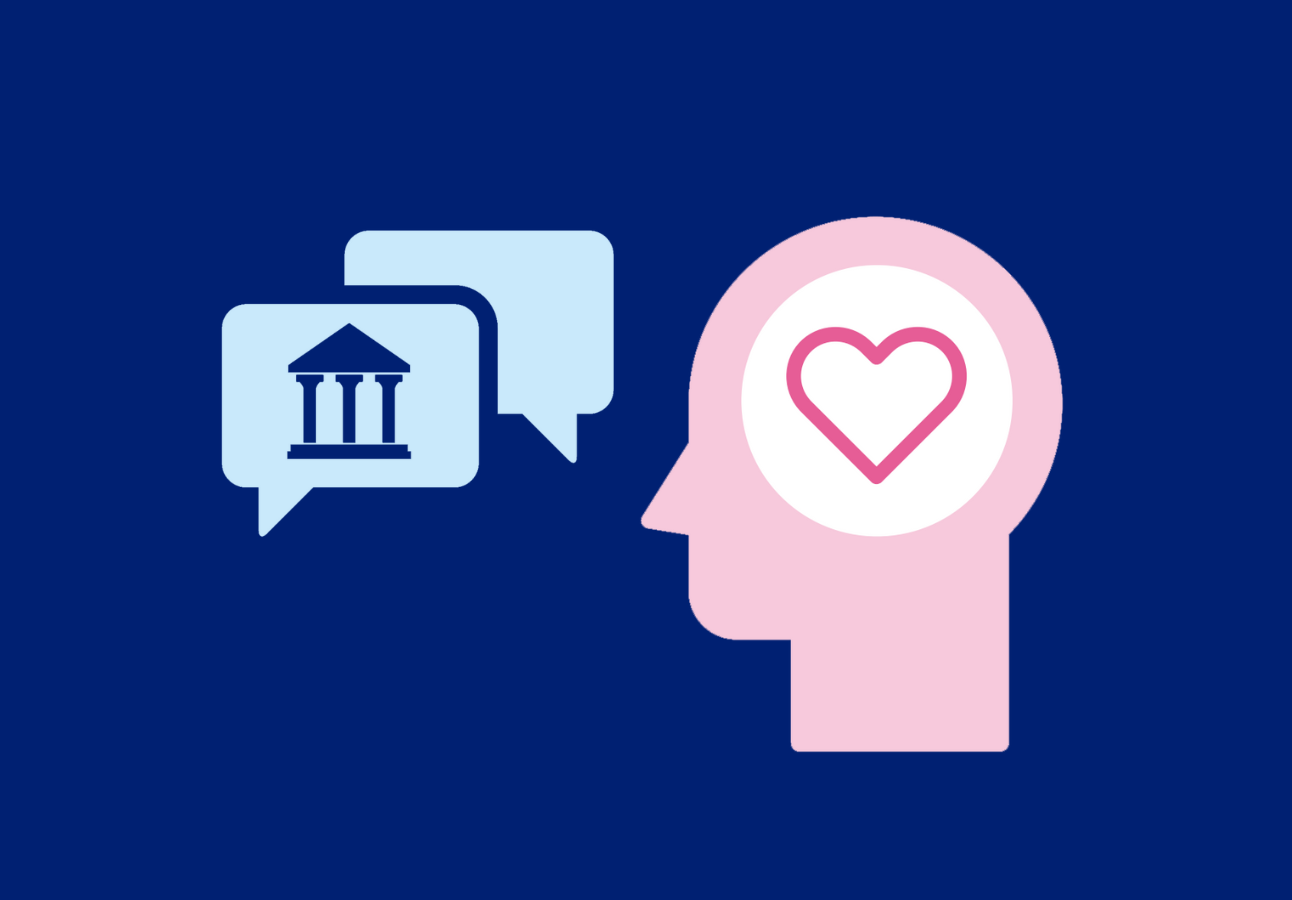
In 2020, the Ministry of Justice Family Harms Panel concluded that “family courts approach domestic abuse cases inconsistently, and in some cases with harmful effects.” One survivor of domestic abuse who responded to our Every Story Matters consultation told us that “family court professionals need to be educated in domestic abuse.” The Family Harms Panel recommended a wide range of training “for all participants in the family justice system, including: a cultural change programme to introduce and embed reforms to private law children’s proceedings and help to ensure consistent implementation.” Our own response to the call for evidence highlighted the need for specialist training across the whole family justice system.
We want to thank all the survivors who shared their experiences of the family court with us. We hope the Domestic Abuse Family Lawyers training we have developed alongside this report will make the difference for future victims and survivors of domestic abuse who are represented in family court proceedings.
This report contains:
- Introduction
- About this report
- Glossary
- Summary of findings
- Research approach
- Learning
- Support and empathy
- Life events outside of court
- Communication
- Understanding domestic abuse
- Conclusions and recommendations
- Informing the training package
- Appendix 1 – Focus Group

